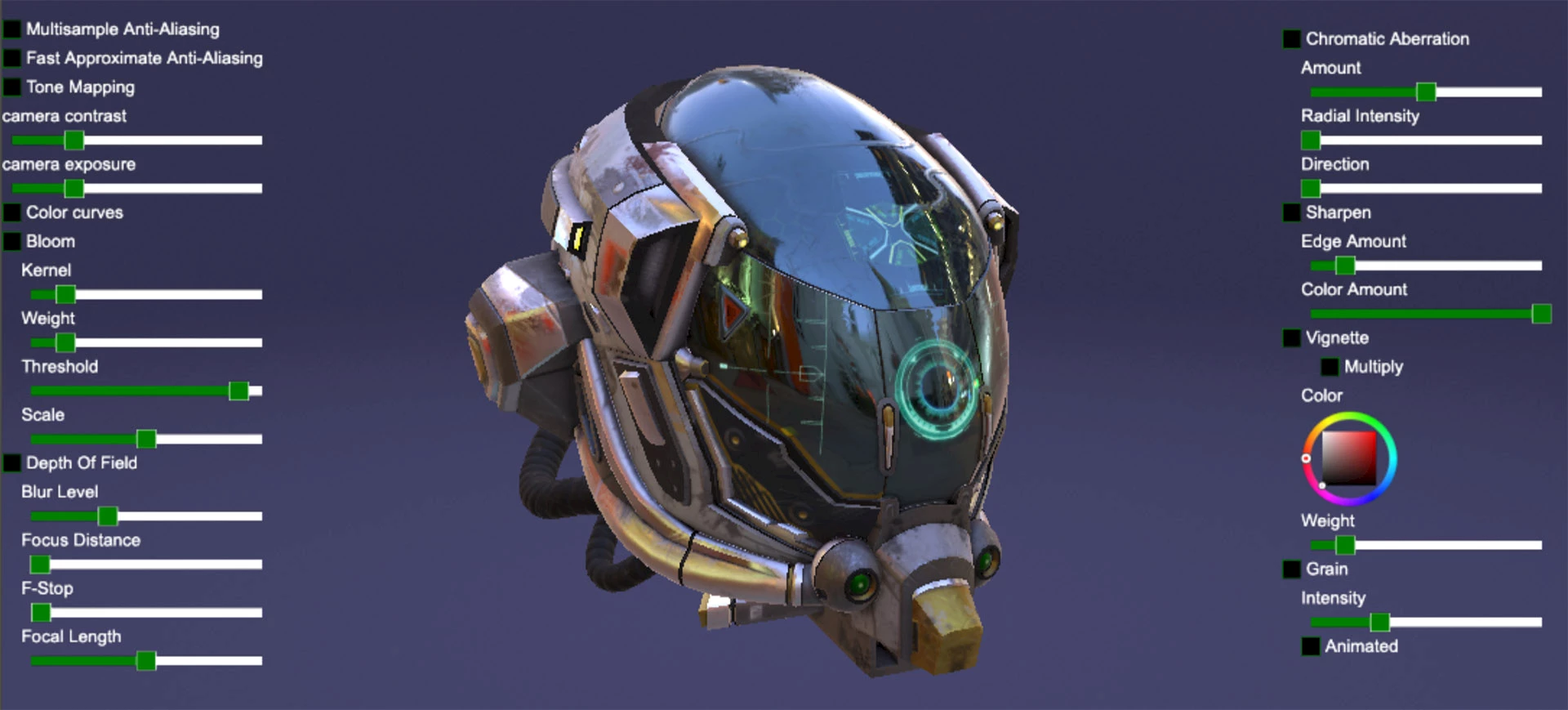WebGPU coming to Chrome soon

© Babylon.js.
Google states that WebGPU, an API that lets web applications more easily use a graphic card’s capabilities, will be enabled by default in Chrome 113, whose release is imminent. The API will be available on Windows PCs that support Direct3D 12, on macOS with Metal and on ChromeOS machines that run Vulkan. It will make it easier for web-based photo and video applications to use the same GPU acceleration as native applications. It also promises significant improvements in the machine learning inference models, speeding them up threefold. But the biggest win is that developers will be able to write far better games for your browser. Babylon.js shows an impressive demo that you can launch with the beta version of Chrome.
Google says that this month’s release “serves as a building block for future updates and enhancements,” promising “more advanced graphics features” and “deeper access to shader cores” in the future. WebGPU was developed by a work group that includes staff from Google, Microsoft, Apple, Mozilla, Intel and many other companies. The API was therefore designed to be as widely compatible as possible, but Google made the first move to bring it out.
⇨ The Verge, Mitchell Clark, “Google is rolling out WebGPU tech for next-gen gaming in your browser.”
⇨ Ars Technica, Andrew Cunningham, “Chrome will support the WebGPU API by default—here’s why that’s important.”
2023-04-07
